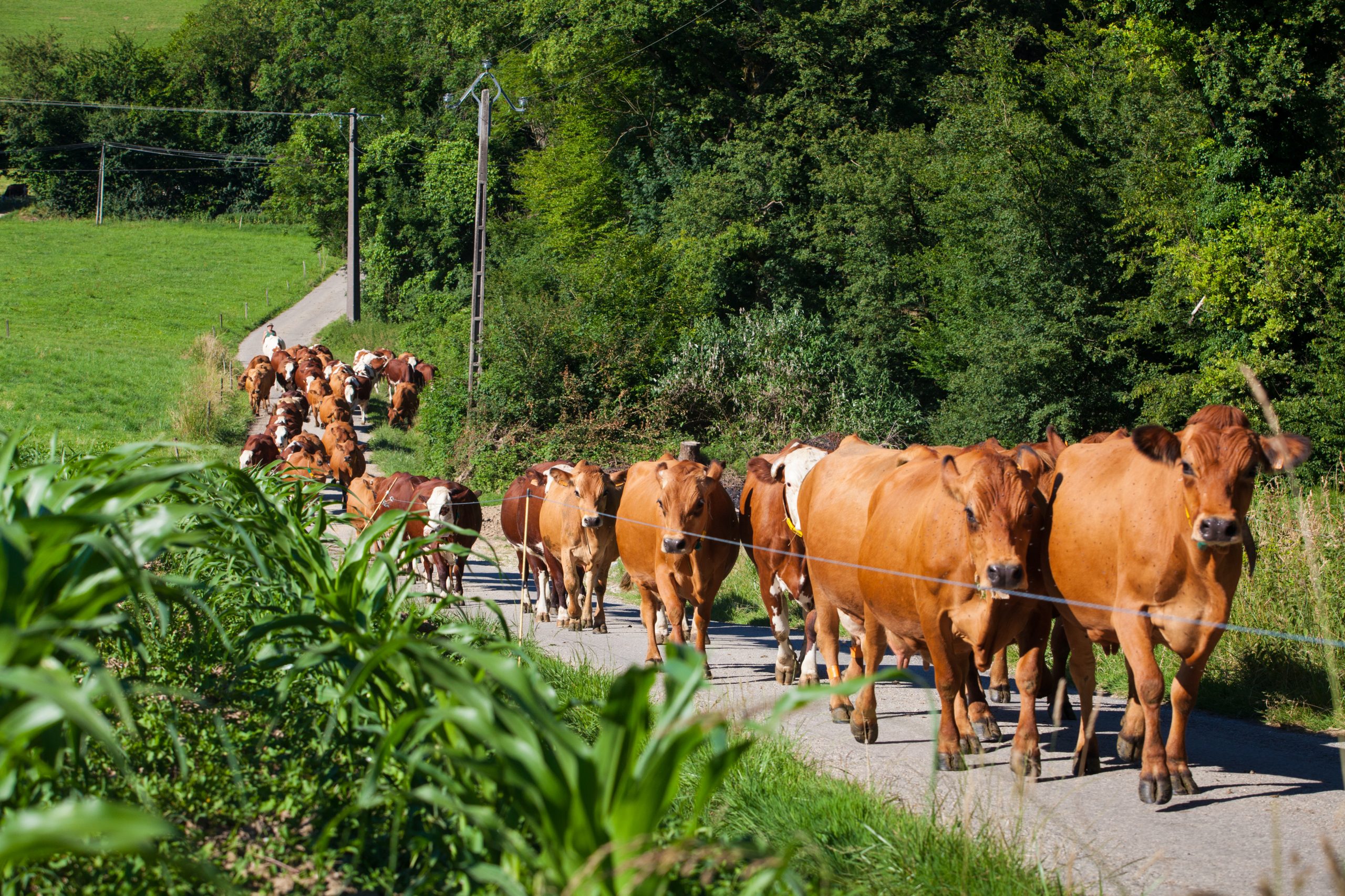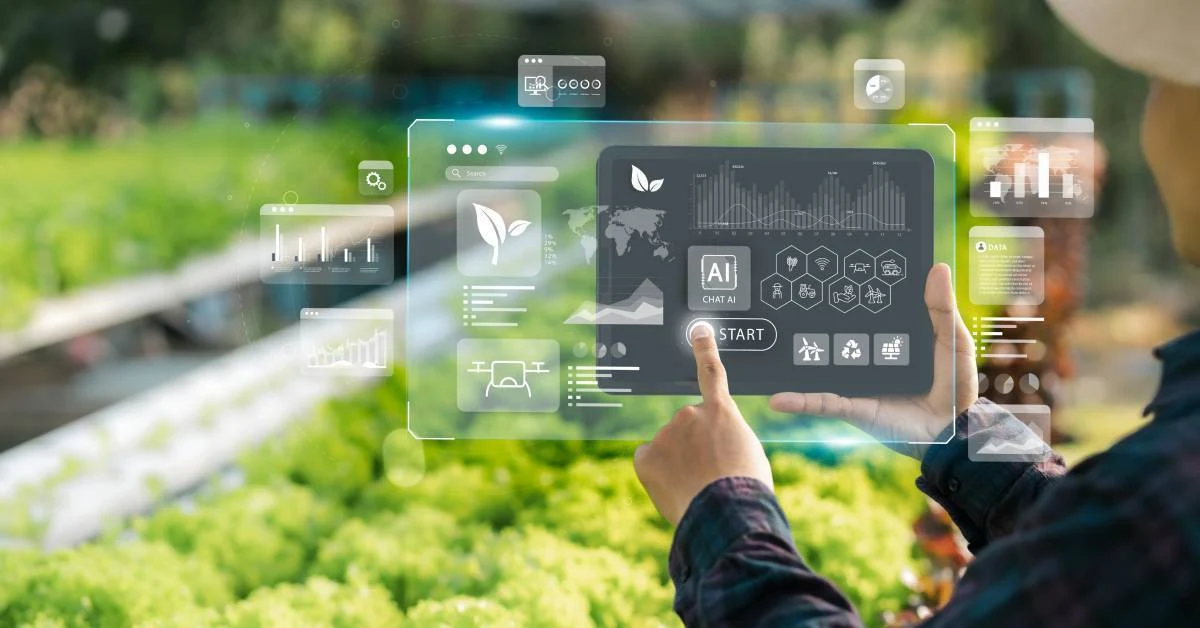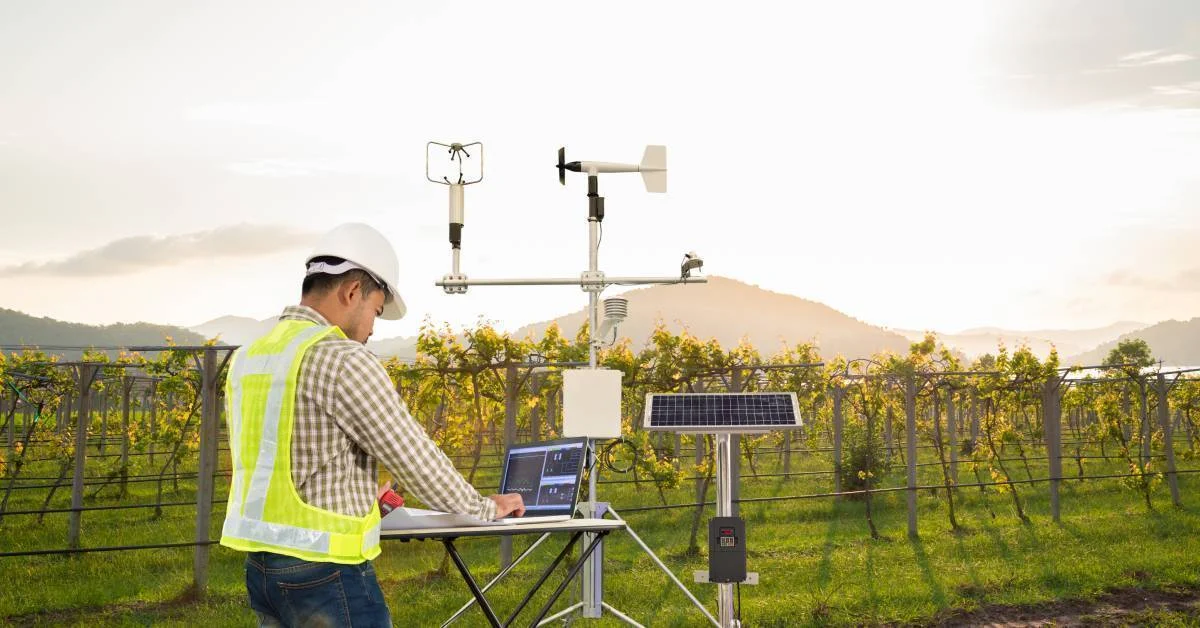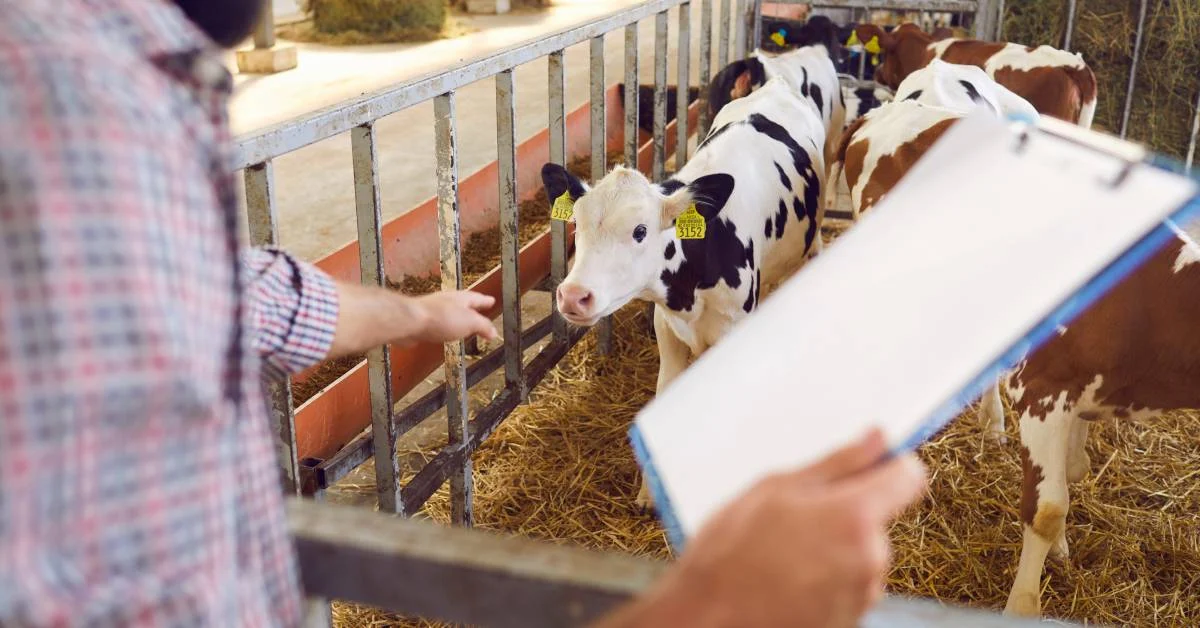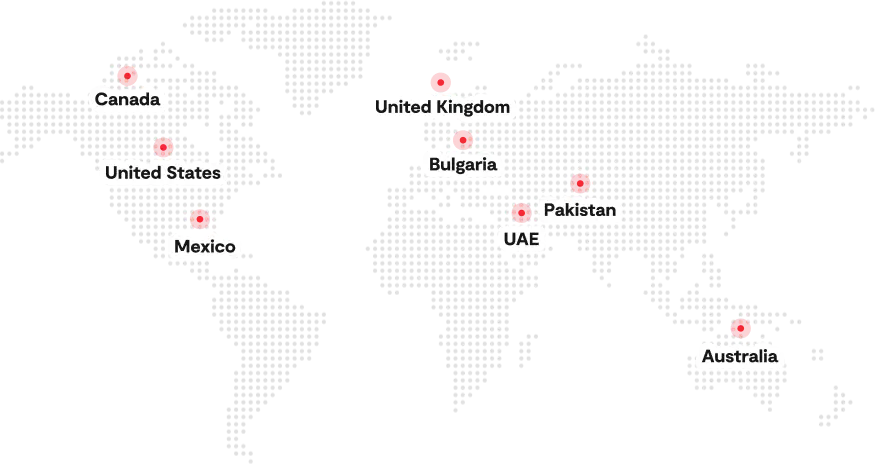Mixed crop and livestock farming, or crop-livestock integration, is a sustainable practice that combines crop cultivation and livestock rearing on the same farm. This approach optimizes resource utilization, improves soil health in integrated farms, and diversifies income streams. Effective crop management, including the use of software, enhances productivity in mixed farms.
Mixed crop and livestock farming creates a symbiotic relationship, where crops provide feed and livestock contribute to soil fertility. This integration minimizes waste, promotes sustainable practices, and requires careful crop rotation in mixed farm planning. Crop management software aids in informed decision-making, monitoring performance, and soil health in integrated farms. The integration of crops and livestock ensures efficient resource cycling, improved soil health, and diversified income streams.
What is Mixed Crop and Livestock Farming?
Mixed crop and livestock farming is an integrated agricultural system that cultivates crops and rears livestock on the same farm. This approach emphasizes the interplay between crops and livestock, resulting in numerous benefits.
By integrating crops and livestock, farmers enhance nutrient cycling as livestock waste, like manure, becomes valuable organic fertilizer for crops. This sustainable practice reduces reliance on synthetic fertilizers and improves soil fertility.
Another advantage is risk diversification. Farmers are less vulnerable to crop failures or market fluctuations since income from livestock can offset losses and vice versa. This diversification provides stability and safeguards against potential setbacks.
Mixed farming systems also promote sustainable agriculture practices. Efficient land and resource utilization is achieved through practices like grazing animals on crop stubble, which controls weeds naturally and minimizes soil erosion.
Farmers employ various farm management techniques to optimize operations. Crop rotation in mixed farms breaks pest cycles, enhances soil fertility, and reduces chemical inputs. Forage management strategies and grazing systems for mixed farming ensure quality feed for livestock while maintaining sustainable grazing practices.
Optimizing Operations with Crop Management in Mixed Farms
Effective crop management plays a vital role in maximizing efficiency and productivity in mixed crop and livestock farming. By implementing proper crop planning, soil fertility management, pest and disease control, and record-keeping, farmers can ensure the health and yield of their crops, contributing to the overall success of the integrated farming system.
- Crop Planning
Crop planning is a crucial aspect of crop management in mixed farms. Farmers carefully select crops that complement the livestock-rearing aspect of the farm, considering factors such as nutritional requirements, forage availability, and crop rotation strategies.
- Soil Fertility Management
Maintaining soil health and fertility is essential for optimal crop growth and nutrient uptake. Farmers utilize sustainable agriculture practices such as organic fertilizers, cover crops, and composting to enrich the soil and promote long-term sustainability.
- Integrated Pest Management
An integrated pest management software and techniques minimize the use of chemical pesticides and maintain a healthy ecosystem. Farmers implement biological control methods, crop rotation in mixed farms, and cultural practices to manage pests and diseases effectively.
- Record Keeping
Accurate record-keeping is essential for tracking crop yields, input usage, and financial aspects of the farm. This data allows farmers to make informed decisions, identify trends, and evaluate the success of their farming practices.
- Farm Management Techniques
Advanced farm management techniques and software solutions, such as crop management software, can greatly assist farmers in optimizing their operations. These tools offer features like crop planning tools, pest and disease monitoring, and data analytics, enabling farmers to streamline their operations, allocate resources efficiently, and make data-driven decisions to improve productivity and profitability.
- Crop-livestock integration
By integrating effective crop management practices, farmers can ensure a harmonious interaction between crops and livestock. This synergy enhances the overall sustainability and profitability of crop-livestock integration systems.
Effective Tools for Crop Management in Mixed Farms
Crop management software solutions have revolutionized the way mixed crop and livestock farmers manage their operations. These software tools offer a range of benefits, streamlining processes, optimizing inventory management, monitoring crop growth, and tracking essential livestock data.
By implementing crop management software, farmers can efficiently integrate various tasks and manage data effectively. The software provides real-time insights into inventory management, allowing farmers to track inputs and outputs accurately. This ensures efficient resource allocation and minimizes wastage. Moreover, the software facilitates crop growth monitoring and analysis, enabling farmers to make informed decisions on irrigation, fertilization, and pest control.
For those operating in controlled environments agriculture, greenhouse management software adds another layer of precision, allowing farmers to regulate climate conditions, monitor plant health, and automate key processes within greenhouses. This integration improves yield consistency, reduces resource usage, and supports more sustainable farming practices.
In the context of mixed crop and livestock farming, the integration of livestock-related data within crop management software is crucial. Farmers can incorporate livestock information, such as grazing schedules, manure management, and feed requirements, into the software. This holistic approach enables better planning and resource allocation, ensuring optimal productivity and sustainability of both crops and livestock.
Farm security cameras can also be integrated into crop management software to enhance the overall security and monitoring of farm operations. Pairing these systems with the best video surveillance software from Coram, an AI security camera and access control company, enables smarter tracking and real-time alerts. By keeping a close eye on both crop fields and livestock areas, farm security cameras contribute to a safer and more secure farming environment. Additionally, incorporating AI surveillance can help automate threat detection and reduce the need for constant manual monitoring, making farm security even more efficient.
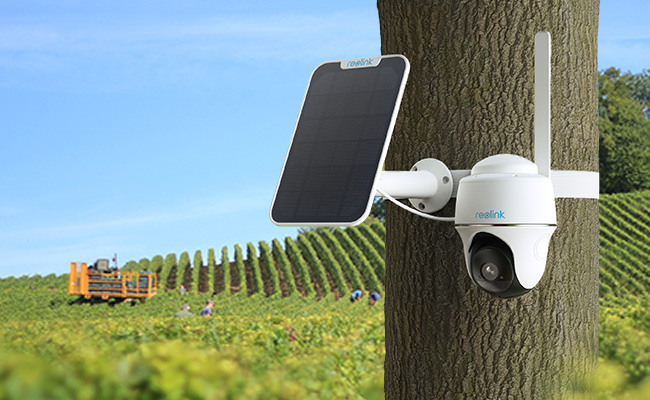
One of the significant advantages of crop management software is its contribution to sustainable agriculture practices in mixed farms. The software aids in tracking and managing crop rotation schedules, a key practice for maintaining soil health in integrated farms and reducing the risk of pests and diseases. Moreover, it assists in the development of forage management strategies, ensuring an adequate supply of nutritious feed for livestock.
EcoDocs: A Crop Management Software for Mixed Farms
Folio3’s EcoDocs is cutting-edge crop management software designed exclusively for mixed crop and livestock farms. It caters to these farms’ unique requirements by providing integrated data management, efficient task scheduling, and resource optimization.
With EcoDocs, farmers can seamlessly manage and analyze data related to both crops and livestock. The software consolidates information on grazing schedules, manure management, and feed requirements, enabling comprehensive planning and streamlined operations.
EcoDocs simplifies task scheduling, allowing farmers to allocate resources effectively. Based on real-time insights and historical data, they can plan irrigation, fertilization, and pest control measures, empowering them to make informed decisions and maximize productivity.
One of the critical features of EcoDocs is its resource optimization capabilities. The software tracks inventory, inputs, and outputs, facilitating efficient resource allocation. This minimizes waste and ensures the optimal use of resources, leading to cost savings and environmental sustainability.
EcoDocs not only addresses the immediate needs of mixed farms but also promotes long-term success. It supports practices like crop rotation, enhancing soil health, and reducing the risk of pests and diseases. The software also aids in developing forage management strategies, ensuring a consistent and nutritious feed supply for livestock.
Best Practices for Successful Mixed Crop and Livestock Farming
Managing crops and livestock together in a mixed farming system requires implementing effective strategies and best practices. By following these guidelines, farmers can optimize their operations and promote the synergy between crops and livestock.
- Crop Rotation
Implementing a well-planned crop rotation schedule is essential for maintaining soil health in integrated farms and reducing the risk of pests and diseases. Rotate crops strategically to break pest and disease cycles, improve soil fertility, and enhance overall crop productivity.
- Forage Management
Develop comprehensive forage management strategies to ensure a consistent and nutritious feed supply for livestock. Focus on cultivating high-quality forage crops, implementing proper grazing management, and optimizing forage utilization to meet the nutritional needs of the animals.
- Grazing Systems for Mixed Farming
Implement well-designed grazing systems for mixed farming that promote optimal forage utilization and minimize soil erosion. Employ rotational grazing or managed intensive grazing techniques to allow forage regrowth, maintain pasture health, and improve livestock performance.
- Soil Health Maintenance
Prioritize soil health management practices to support both crop and livestock production. Implement soil conservation measures, such as cover cropping, mulching, and organic amendments, to improve soil structure, nutrient content, and water-holding capacity.
- Livestock Feed Management in Mixed Farms
Optimize livestock feed management in mixed farm practices to ensure efficient utilization of feed resources. Develop feeding programs that match the nutritional requirements of the animals, consider feed quality and availability, and minimize feed wastage.
By adopting these best practices, farmers can achieve a successful and harmonious integration of crops and livestock in their farming systems. These strategies promote sustainability, productivity, and the overall well-being of both the farm and the environment.
Every farming operation is unique, and it’s important to adapt these practices to suit local conditions and specific farm requirements. Continuous learning, observation, and adaptation are key to successful mixed crop and livestock farming.
Agroforestry Systems: Success Story of a Mixed Crop-Livestock Farm
A group of farmers in a small farming community in the US decided to enhance their farm’s productivity and environmental sustainability. For this, they implemented agroforestry practices in which they integrated crop management techniques with software solutions. This helped them:
- Make informed decisions
- Increase yields
- Improve soil fertility
- Gain real-time weather and market information
They also combined trees with livestock and forage, believing that neither could survive without the other, which eventually served as a blessing.
This integration proved a huge success for them, resulting in improved outcomes such as high crop yields and increased environmental sustainability.
This success story shows the combination of technology with sustainable farming practices can result in positive outcomes for farmers.
Future Trends in Crop-Livestock Integration
Mixed crop and livestock farming is an ever-evolving field, with emerging trends and technologies shaping its future. One significant trend is the integration of precision agriculture techniques in mixed farming practices. Precision agriculture utilizes advanced technologies such as GPS, sensors, and drones to gather precise data on soil conditions, crop growth, and livestock health. This data-driven approach enables farmers to make informed decisions and optimize resource allocation for improved productivity.
Data Analytics:
Another key trend is the increasing use of data analytics in livestock-crop interaction systems. By harnessing the power of big data, farmers can analyze vast amounts of information to gain valuable insights into crop performance, livestock management, and market trends. Data analytics helps identify patterns, predict outcomes, and optimize farming practices, leading to better decision-making and enhanced profitability.
Automation:
Automation is also revolutionizing mixed farming operations. From robotic milkers and automated feeding systems to autonomous machinery for planting and harvesting, automation streamlines tasks, increases efficiency, and reduces labor requirements. This allows farmers to focus on strategic decision-making and overall farm management.
Digital Technologies:
Another emerging trend in mixed crop and livestock farming is the integration of digital technologies. Mobile applications, cloud-based platforms, and farm management software provide farmers with real-time access to data, remote monitoring capabilities, and efficient communication tools. These technologies enable seamless integration of livestock and crop data, simplifying record-keeping, planning, and decision-making processes.
Sustainability:
Sustainability remains a driving force in the future of mixed farming. Farmers are increasingly adopting sustainable agriculture practices to minimize environmental impact and ensure long-term viability. Techniques such as crop rotation, organic farming, and agroforestry promote soil health, biodiversity, and water conservation. These practices not only benefit the environment but also contribute to improved farm resilience and profitability.
Conclusion
Livestock-crop interaction offers numerous benefits that contribute to sustainable and efficient agricultural practices. By integrating crops and livestock, farmers can enhance soil fertility, diversify risks, and optimize resource utilization. Effective crop management plays a pivotal role in the success of mixed farming systems, enabling farmers to streamline operations, maximize productivity, and maintain balanced nutrient cycles.
Within the broader context of crop management for mixed farms, EcoDocs emerges as a valuable tool. EcoDocs is a comprehensive crop management software that provides essential features for data organization, inventory management, task scheduling, and decision-making. By utilizing EcoDocs, farmers can enhance their crop management practices, leading to improved efficiency, profitability, and environmental stewardship in livestock farm management software.
FAQs:
Q: What are the key benefits of mixed crop and livestock farming?
The key benefits of mixed crop and livestock farming include improved soil fertility, risk diversification, and efficient resource utilization.
Q: How does effective crop management contribute to the success of mixed crop and livestock farms?
Effective crop management optimizes operations, enhances productivity, and maintains balanced nutrient cycles in mixed farming systems.
Q: What are some common challenges faced in mixed crop and livestock farming?
Challenges in mixed crop and livestock farming include pest and disease management, balancing livestock and crop needs, and coordinating operations between the two components.
Q: How can crop management software help in mixed crop and livestock farming?
Crop management software provides benefits such as data organization, inventory management, task scheduling, and decision-making support in integrated farming systems.
Q: How can precision agriculture technologies be integrated into mixed crop and livestock farming?
Precision agriculture tools like remote sensing, GPS, and data analytics can be integrated into mixed farming to optimize operations, improve yields, and enhance sustainability.

